Audi e-tron GT vs Hyundai i30 - Differences and prices compared
Compare performance (843 HP vs 150 HP), boot space and price (93300 £ vs 24600 £ ) at a glance. Find out which car is the better choice for you – Audi e-tron GT or Hyundai i30?
Costs and Efficiency:
Price and efficiency are key factors when choosing a car – and this is often where the real differences emerge.
Hyundai i30 has a decisively advantage in terms of price – it starts at 24600 £ , while the Audi e-tron GT costs 93300 £ . That’s a price difference of around 68785 £.
Engine and Performance:
Power, torque and acceleration are the classic benchmarks for car enthusiasts – and here, some clear differences start to show.
When it comes to engine power, the Audi e-tron GT has a decisively edge – offering 843 HP compared to 150 HP. That’s roughly 693 HP more horsepower.
In acceleration from 0 to 100 km/h, the Audi e-tron GT is convincingly quicker – completing the sprint in 2.90 s, while the Hyundai i30 takes 8.90 s. That’s about 6 s faster.
There’s also a difference in torque: Audi e-tron GT pulls decisively stronger with 1027 Nm compared to 250 Nm. That’s about 777 Nm difference.
Space and Everyday Use:
Cabin size, boot volume and payload all play a role in everyday practicality. Here, comfort and flexibility make the difference.
Seats: Hyundai i30 offers somewhat more seating capacity – 5 vs 4.
In curb weight, Hyundai i30 is significantly lighter – 1315 kg compared to 2355 kg. The difference is around 1040 kg.
In terms of boot space, the Audi e-tron GT offers hardly perceptible more room – 405 L compared to 395 L. That’s a difference of about 10 L.
Maximum payload is identical – both can carry up to 485 kg.
Who wins the race in the data check?
The Audi e-tron GT sits well ahead of its rival in the objective data comparison.
This result only shows which model scores more points on paper – not which of the two cars feels right for you.
Costs and Consumption
View detailed analysis
Engine and Performance
View detailed analysis
Dimensions and Body
View detailed analysis
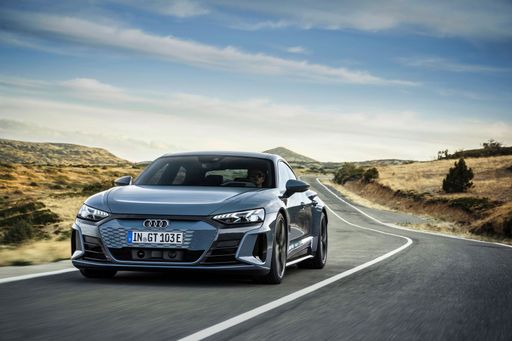
Audi e-tron GT
Audi e-tron GT
The Audi e-tron GT is a striking electric grand tourer that blends dramatic, low-slung styling with the hushed refinement of a luxury saloon. Behind the beautiful skin you'll find a driver-focused cabin and brisk, silent performance that makes daily commutes feel like auditioning for a weekend road trip — and yes, it manages to be both serious and a little bit smug about it.
details
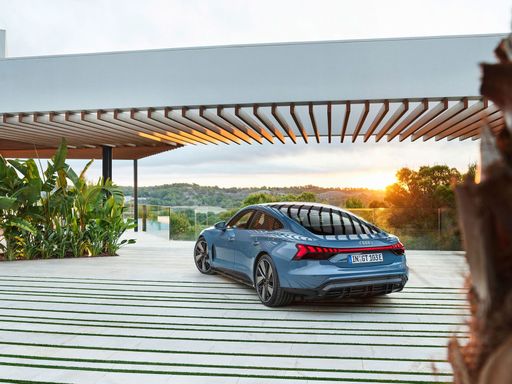
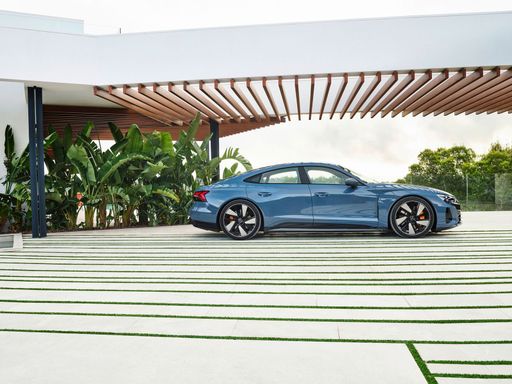
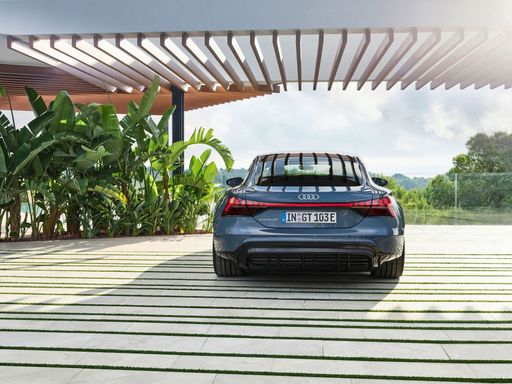
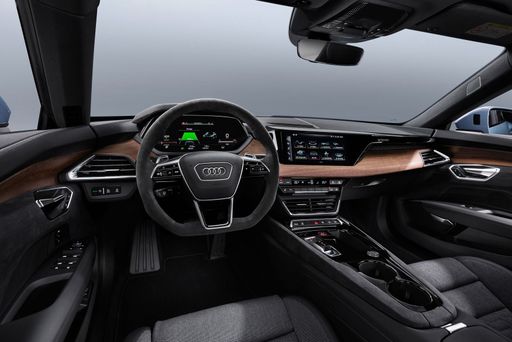
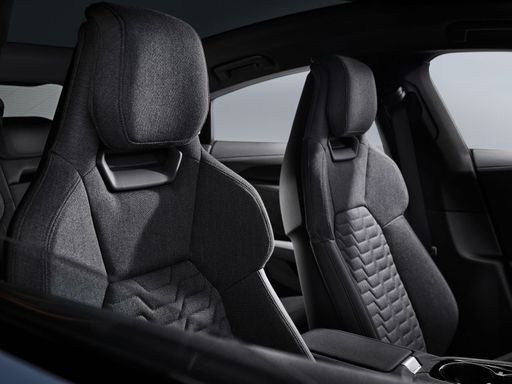
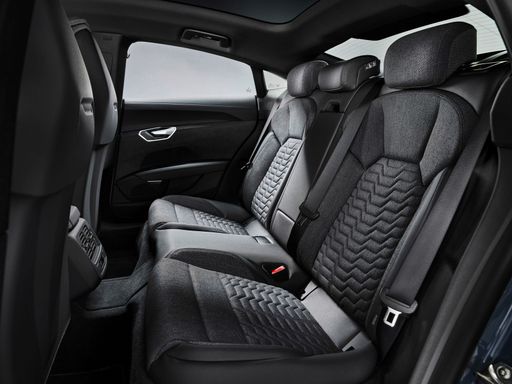
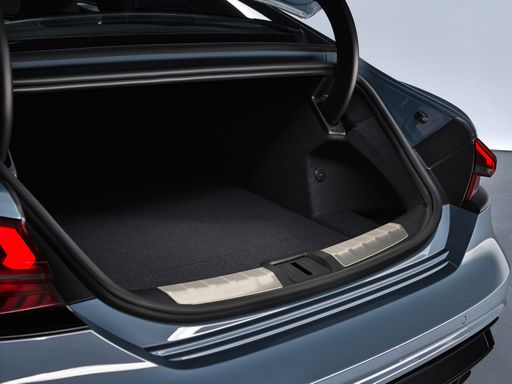
Hyundai i30
The Hyundai i30 proves that sensible can also be stylish, offering a confident driving character wrapped in neat, modern design. It serves up a roomy, well-equipped cabin and composed ride that make everyday motoring feel like a clever purchase rather than a compromise.
details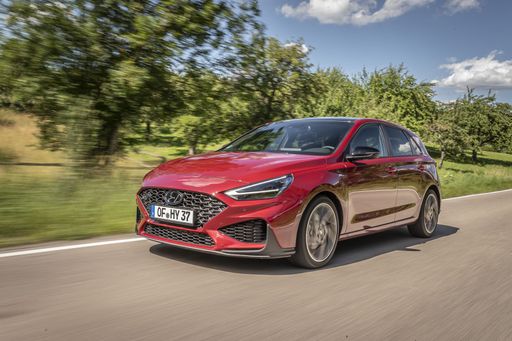
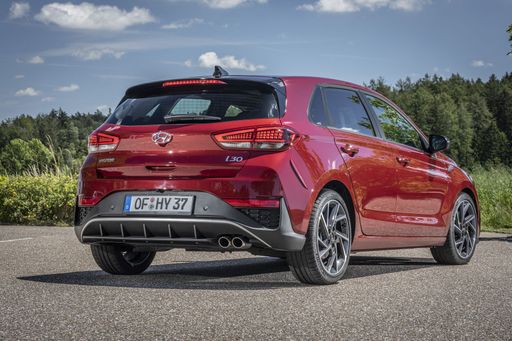
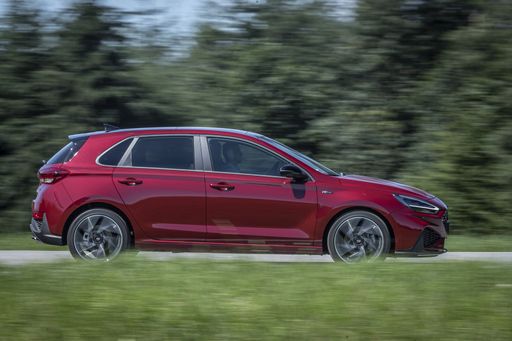
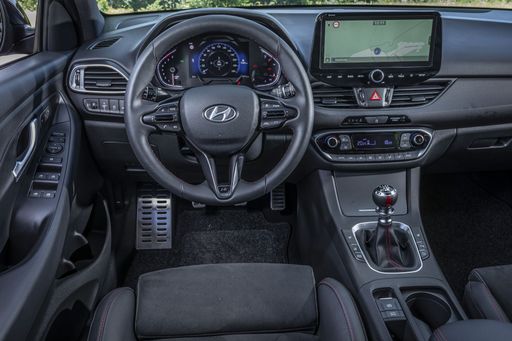
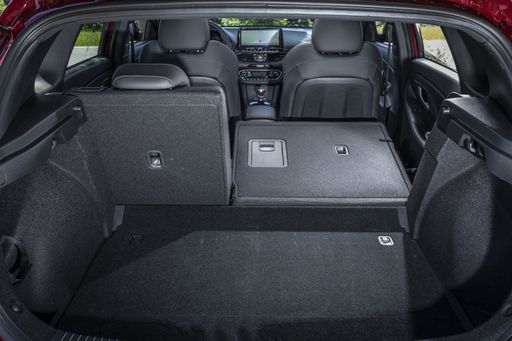
Costs and Consumption |
|
|---|---|
|
Price
93300 - 137600 £
|
Price
24600 - 31400 £
|
|
Consumption L/100km
-
|
Consumption L/100km
5.9 - 6.3 L
|
|
Consumption kWh/100km
17.9 - 19 kWh
|
Consumption kWh/100km
-
|
|
Electric Range
582 - 617 km
|
Electric Range
-
|
|
Battery Capacity
97 kWh
|
Battery Capacity
-
|
|
co2
0 g/km
|
co2
134 - 142 g/km
|
|
Fuel tank capacity
-
|
Fuel tank capacity
-
|
Dimensions and Body |
|
|---|---|
|
Body Type
Coupe
|
Body Type
Hatchback
|
|
Seats
4
|
Seats
5
|
|
Doors
4
|
Doors
-
|
|
Curb weight
2355 - 2395 kg
|
Curb weight
1315 - 1435 kg
|
|
Trunk capacity
350 - 405 L
|
Trunk capacity
395 L
|
|
Length
4997 - 5004 mm
|
Length
-
|
|
Width
1964 mm
|
Width
1795 mm
|
|
Height
1379 - 1394 mm
|
Height
-
|
|
Max trunk capacity
-
|
Max trunk capacity
-
|
|
Payload
455 - 485 kg
|
Payload
445 - 485 kg
|
Engine and Performance |
|
|---|---|
|
Engine Type
Electric
|
Engine Type
Petrol
|
|
Transmission
Automatic
|
Transmission
Manuel, Automatic
|
|
Transmission Detail
Reduction Gearbox
|
Transmission Detail
Manual Gearbox, Dual-Clutch Automatic
|
|
Drive Type
All-Wheel Drive
|
Drive Type
Front-Wheel Drive
|
|
Power HP
503 - 843 HP
|
Power HP
115 - 150 HP
|
|
Acceleration 0-100km/h
2.9 - 4.2 s
|
Acceleration 0-100km/h
8.9 - 11.7 s
|
|
Max Speed
245 - 250 km/h
|
Max Speed
-
|
|
Torque
625 - 1027 Nm
|
Torque
172 - 250 Nm
|
|
Number of Cylinders
-
|
Number of Cylinders
3 - 4
|
|
Power kW
370 - 620 kW
|
Power kW
85 - 110 kW
|
|
Engine capacity
-
|
Engine capacity
998 - 1598 cm3
|
General |
|
|---|---|
|
Model Year
2024 - 2025
|
Model Year
2026
|
|
CO2 Efficiency Class
A
|
CO2 Efficiency Class
D, E
|
|
Brand
Audi
|
Brand
Hyundai
|
Is the Audi e-tron GT offered with different drivetrains?
Available configurations include All-Wheel Drive.
